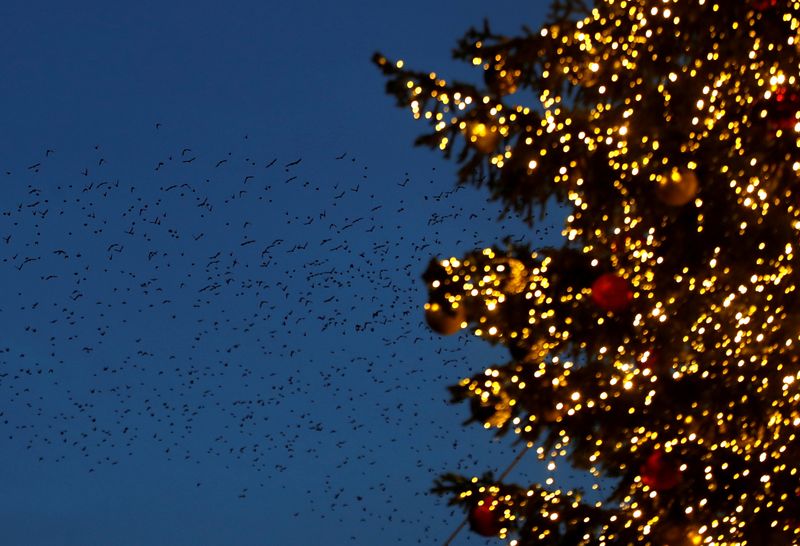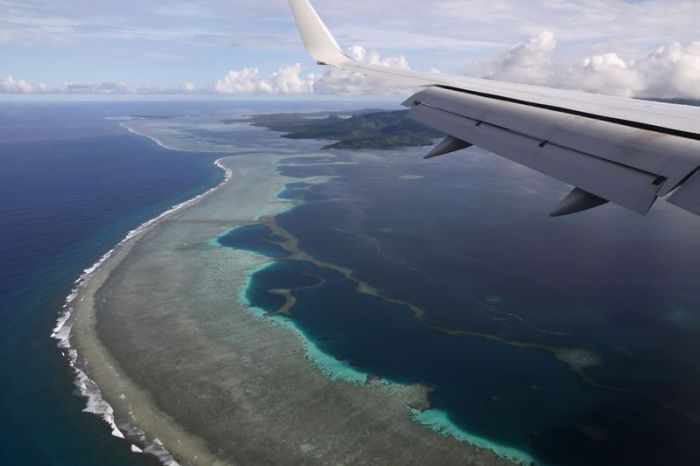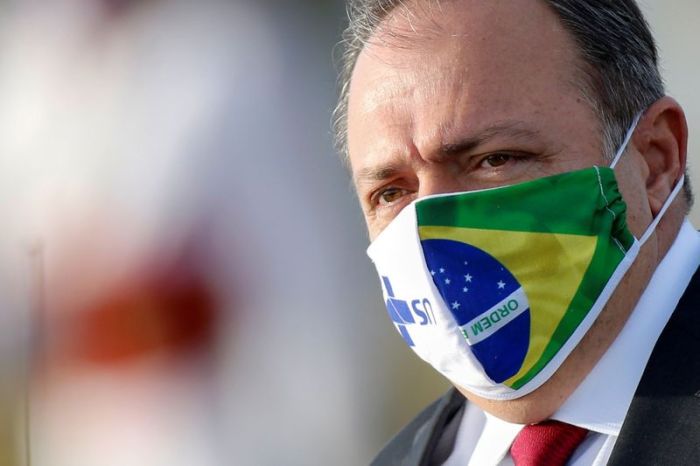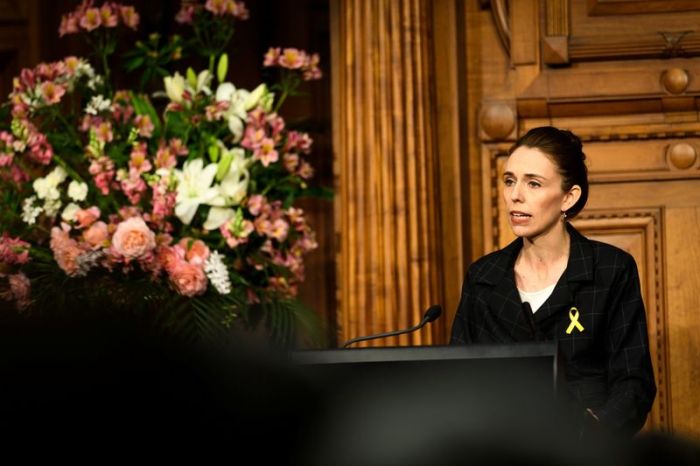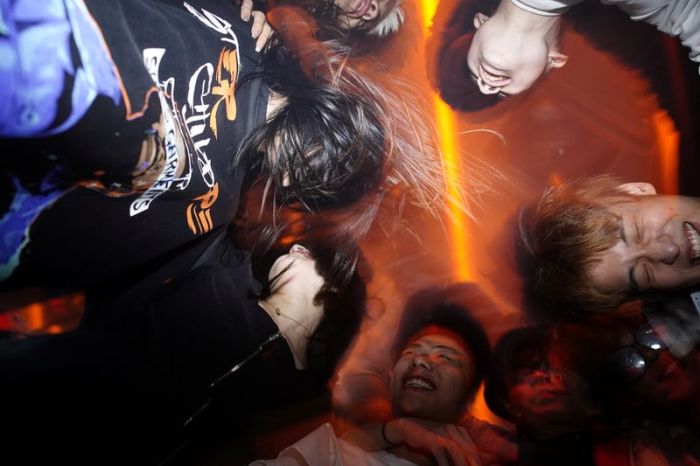(Reuters) – Governments across Europe are trying to navigate between avoiding spreading the coronavirus over the Christmas holiday season and allowing people to celebrate with family and friends.
Here are measures that will be adopted for year-end festivities by some European countries:
SPAIN
Curfews will be loosened and up to 10 people per household will be allowed to gather for Christmas and New Year as a general rule, but each region can implement stricter curbs.
Movement between regions will be restricted to visits of family and close friends between Dec. 23 and Jan. 6, unless the regions impose tougher rules.
DENMARK
Shopping malls will be closed from Dec. 17 and other stores, with the exception of supermarkets and food shops, from Dec. 25, as part of a hard lockdown over Christmas and the New Year.
BULGARIA
The country will keep secondary schools, shopping malls, cafes, gyms and restaurants closed and group tourist visits banned until Jan. 31. However, hotel restaurants will reopen on Dec. 22 at 50% of their capacity and only until 10 p.m.
BRITAIN
On Dec. 16, Prime Minister Boris Johnson said he would not outlaw Christmas gatherings, resisting pressure from some doctors to ban festive family get-togethers. Under current rules up to three households will be allowed to meet at home between Dec. 23 and Dec. 27. People will be able to gather in places of worship and outdoors but not at indoor hospitality or entertainment venues. Shops will stay open for longer over Christmas and in January, but pubs and restaurants were forced to shut in London to tackle a worsening outbreak.
ITALY
Prime Minister Giuseppe Conte said on Dec. 15 the government may have to tighten restrictions over Christmas, that currently include curbs on movement between regions starting on Dec. 20.
Pope Francis’s Christmas Eve Mass will start two hours earlier, allowing the limited number of people who can attend to be home by 10 p.m.
POLAND
A senior government official appealed to Poles to stay at home over Christmas and New Year and said coronavirus restrictions, with schools, restaurants and sports centres shut, could not be eased yet.
THE NETHERLANDS
The nation has gone into a hard five-week lockdown. Gatherings are limited to two people with a temporary relief raising the limit to three adult visitors over three days around Christmas.
CZECH REPUBLIC
Restaurants, hotels and indoor sports venues, which reopened only two weeks ago, will shut again from Dec. 18, and an 11 p.m. curfew will be in place.
GERMANY
Germany will only keep essential shops open, from Dec. 16 until at least Jan. 10. Private gatherings will remain limited to no more than five people from two households, with rules to be eased over the Christmas holidays when up to 10 people will be allowed to gather, not counting children.
GREECE
Hair salons and bookstores will reopen during Christmas, while other restrictions will remain in place until Jan. 7.
Churches will open for the Christmas and Epiphany masses on Dec. 25 and Jan. 6, with a limited number of worshippers.
FRANCE
France will lift its stay-at-home order on Dec. 15 and replace it with a nightly curfew, which will be waived for Christmas Eve.
HUNGARY
The country cancelled New Year’s Eve celebrations and restrictions, including a 7 p.m. curfew, will last until at least Jan. 11.
PORTUGAL
There will be no limit on how many people can gather per household for Christmas. The curfew will be pushed back from 11 p.m. to 2 a.m. on Dec. 24 and Dec. 25. For New Year’s Eve, street parties will be banned and outdoor gatherings limited to a maximum of six people.
NORWAY
Norwegians will be able to invite up to 10 guests into their homes on two separate occasions between Christmas and New Year. Outside those days, the current limit of up to five guests will apply.
BELGIUM
Belgian households will only be able to be in close contact with one extra person over Christmas. People living on their own will be able to meet two others. Fireworks will be banned on New Year’s Eve and foreign travel is strongly discouraged.
IRELAND
Three households will be allowed to meet between Dec. 18 and Jan. 6, and the countrywide travel ban will be lifted for that period.
(Compiled by Elizaveta Gladun, Aida Pelaez-Fernandez and Veronica Snoj in Gdansk, Editing by Tomasz Janowski and Alexandra Hudson)

